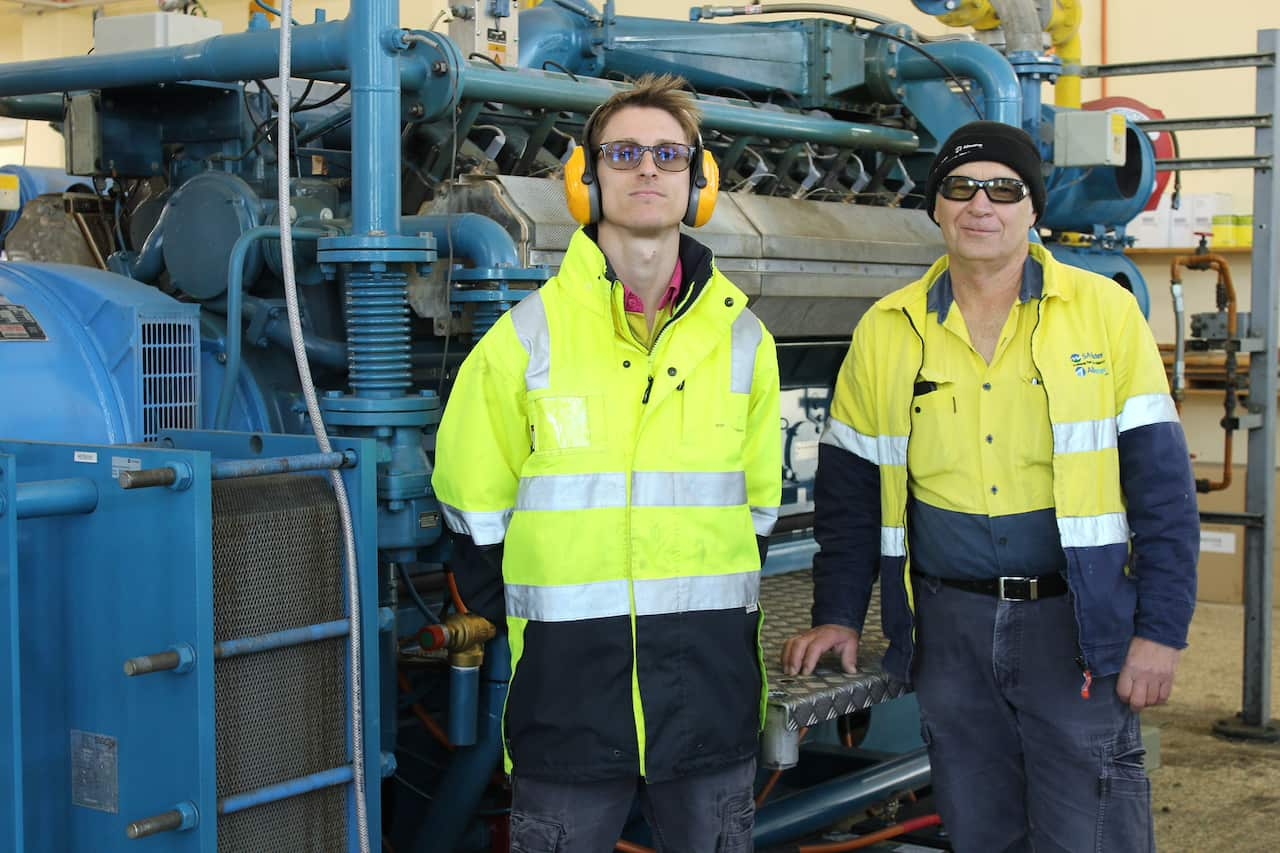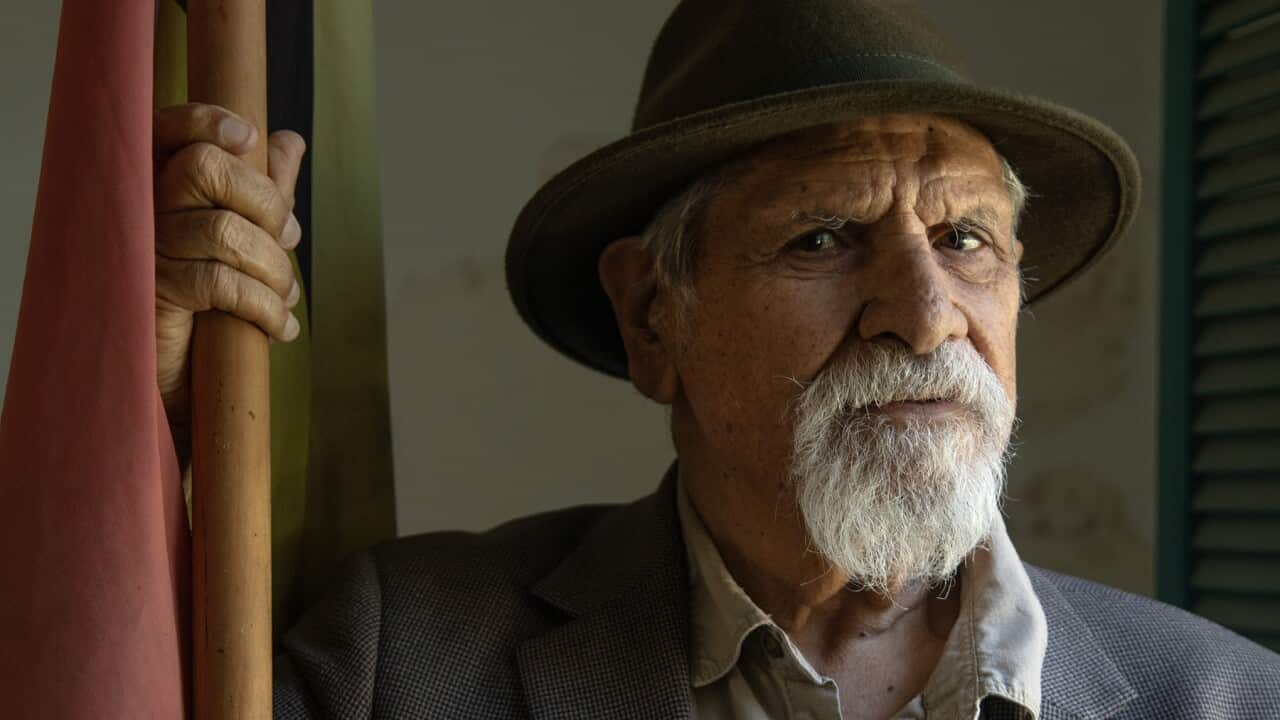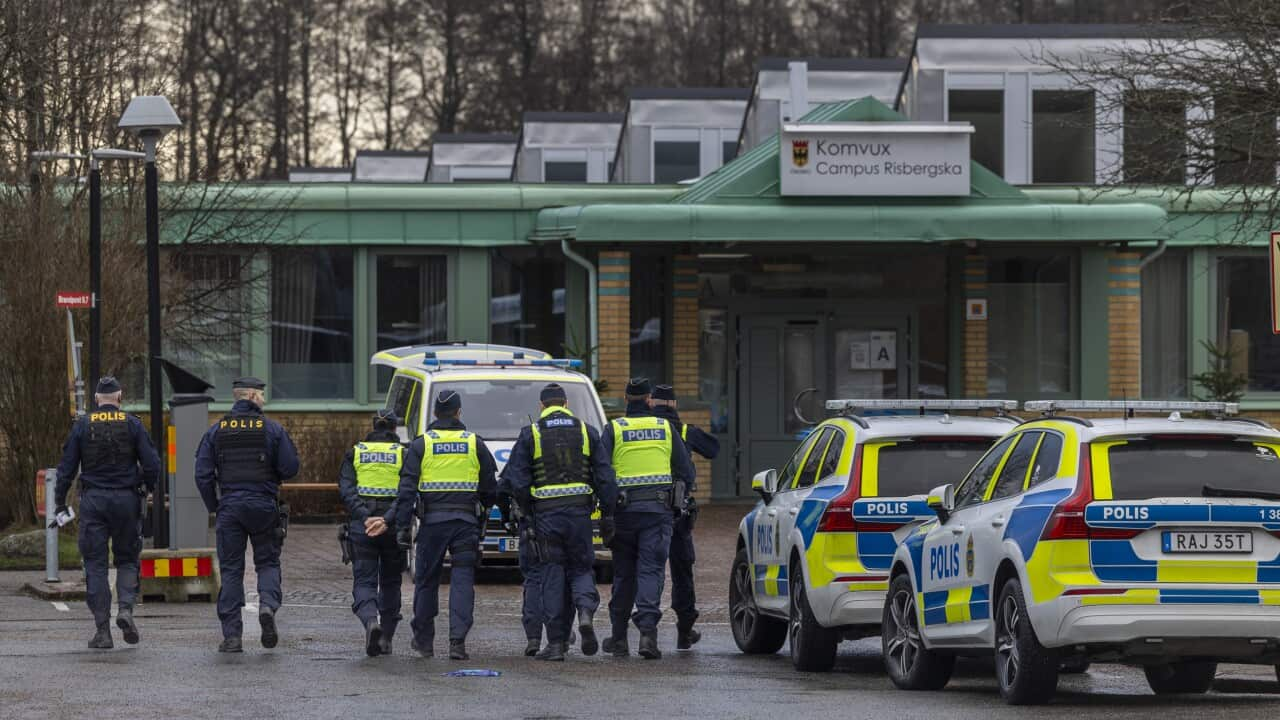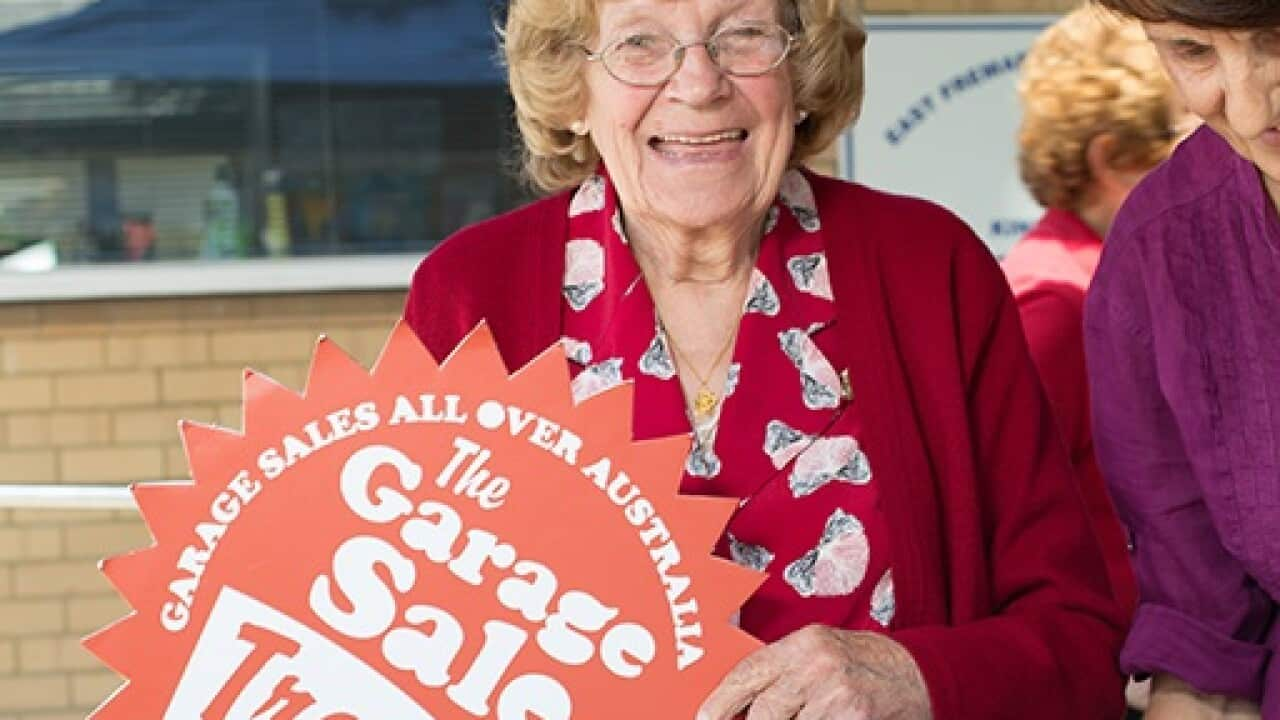When pubs across Australia were closed in March this year due to the COVID-19 restrictions, hundreds of thousands of litres of beer remained unconsumed every week and businesses were left with large stocks of stale beer.
While some venues receive credit for unopened kegs, the product that was past its use-by date had to be disposed of.
Highlights
- Large stocks of beer remained unconsumed after pubs were closed due to coronavirus restrictions
- A water treatment plant in Adelaide used 150,000 litres of stale beer to produce electricity to run the facility
- The Geleng facility produced 650 megawatt-hours electricity - a record production for the plant - in a month from stale beer
Though the stale beer couldn't wet the whistles, millions of litres of it was put to good use, thanks to the initiative by SA Water.
“Unfortunately, through the pandemic, there was a lot of beer that was produced which was not able to be drunk by consumers because pubs and restaurants were closed in South Australia. But rather than let it go to waste, we were able to use the expired beer into one of our wastewater treatment plants to produce energy,” said Lisa Hannant, Senior Manager of Production and Treatment at SA Water.
Maybe the only downside is that really beer is made for people to drink and that is the sad side of the story; people have not been able to drink it as much lately.

Three Jenbacher J316 engines generate electricity and heat from biogas production, which was recently boosted by the addition of expired beer Source: Courtesy of SA Waters
“The waste beer goes into a big tank that we heat and add some bacteria to break it down and create biogas.”
Before putting beer into the digesters, several other organic waste materials have been processed at the plant, including wine and milk waste, to produce energy.
“Beer’s high calorific load and methane potential mean it’s perfect for co-digestion and by adding around 150,000 litres of expired beer per week, we generated a record 355,200 cubic metres of biogas in May and another 320,000 cubic metres in June,” Ms Hannant told SBS Italian.
The addition of ales and lagers during the lockdown meant 654 megawatt-hours of energy generation in a single month - a record for the plant.
“We have produced a lot of energy, enough to power 1200 houses and we were actually able to run our treatment plant in Glenelg almost entirely with the energy we had produced on the site,” said Ms Hannat.
She said the project had been beneficial for all stakeholders, as well as the environment.
“It was very positive for breweries and the whole industry. Typically this kind of material is quite expensive to get rid of. It had also been really positive from an environmental perspective.
"Maybe the only downside is that really beer is made for people to drink and that is the sad side of the story; people have not been able to drink it as much lately.”
Metropolitan Melbourne residents are subject to Stage 4 restrictions and must comply with a curfew between the hours of 8pm and 5am. During the curfew, people in Melbourne can only leave their house for work, and essential health, care or safety reasons.
Between 5am and 8pm, people in Melbourne can leave the home for exercise, to shop for necessary goods and services, for work, for health care, or to care for a sick or elderly relative.
All Victorians must wear a face covering when they leave home, no matter where they live.
People in Australia must stay at least 1.5 metres away from others. Check your state’s restrictions on gathering limits.
If you are experiencing cold or flu symptoms, stay home and arrange a test by calling your doctor or contact the Coronavirus Health Information Hotline on 1800 020 080.
News and information is available in 63 languages at





